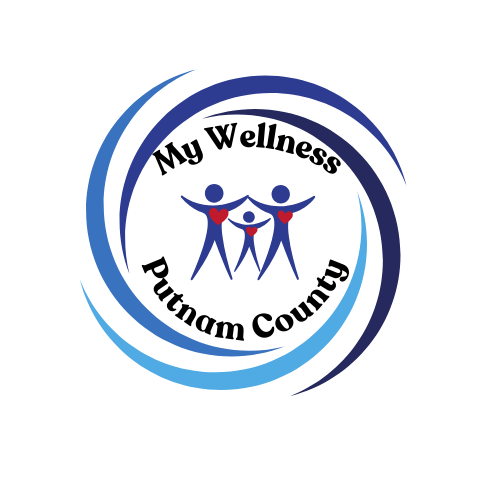Cardiology Overview
Cardiology is the study of the heart and blood vessels and their diseases. This includes medical diagnosis and treatment of conditions such as congenital heart defects, coronary artery disease, heart failure, and valvular heart disease.
Subspecialties of Cardiology include cardiac electrophysiology, echocardiography, interventional cardiology, and nuclear cardiology.
What Is the Difference Between Heart Disease and Cardiovascular Disease?
Heart disease and cardiovascular disease are often used interchangeably, but they are not the same thing. Heart disease is a type of cardiovascular disease that refers explicitly to conditions that affect the heart muscle, valves, or coronary arteries, including coronary artery disease (CAD), angina, heart attack, and congestive heart failure (CHF).
On the other hand, cardiovascular disease (CVD) can affect any part of the cardiovascular system, including the heart, arteries, and veins. CVD includes coronary artery disease, heart attack, stroke, and peripheral artery disease.
Most Common Cardiovascular Diseases
There are a few different cardiovascular disorders, but three of the most common ones are coronary artery disease, atrial fibrillation, and congestive heart failure.
Coronary artery disease (or coronary heart disease) happens when plaque builds up in the arteries that supply blood to your heart. This can lead to chest pain (angina), a heart attack, or even death.
Atrial fibrillation is an arrhythmia, or abnormal heartbeat, that causes your heart to beat irregularly. This can increase your risk for stroke since blood can pool and form clots inside your heart.
Congestive heart failure occurs when your heart cannot pump enough blood and oxygen to meet your body's needs. This can cause symptoms like shortness of breath, fatigue, swelling in your legs and feet, and rapid weight gain.
Less Common Cardiovascular Diseases
Some rare cardiovascular diseases include atrial septal defect, ventricular septal defect, and aortic stenosis.
What is Congenital Heart Disease?
Congenital heart disease (CHD), also known as congenital heart defects, are heart defects that are present at birth. CHD affects the structure and function of the heart and can be life-threatening.
Cardiology Tests
Several tests can be performed to diagnose heart conditions.
An ECG (echocardiogram) is a test that measures the electrical activity of the heart and can be used to diagnose arrhythmias or abnormal heart rhythms.
A stress test involves walking on a treadmill or riding a stationary bike while hooked up to an ECG machine to monitor the heart's response to exercise.
Cardiac catheterization is a procedure in which a long, thin tube is inserted into an artery in the arm or leg and threaded through the blood vessels to the heart.
Cardiology Procedures
There are many different cardiology procedures that heart doctors can perform. The type of procedure depends on the specific condition being treated. Here are 4 of the most common cardiology procedures.
Cardiac Catheterization- Coronary Angioplasty and Stenting
- Pacemaker Insertion
- Implantable Cardioverter Defibrillator (ICD) Insertion
What is a Cardiologist?
Cardiologists are physicians who diagnose and treat patients with cardiovascular diseases. In addition to completing four years of medical school and three years of residency in internal medicine, cardiologists must complete a three-year fellowship program in cardiology. Once they have completed their training, cardiologists can choose to subspecialize in one or more areas of cardiovascular medicine.
When Should Someone See a Cardiologist?
If you or someone you know is experiencing any signs and symptoms of heart disease, such as chest pain, shortness of breath, or irregular heartbeat, or if you have risk factors like a family history of heart disease, it is essential to see a cardiologist as soon as possible. Make an appointment with your doctor and get started on treatment.
And if you're looking for a top-rated hospital to provide that care, Putnam County Hospital is here for you. We have decades of experience in diagnosing and treating cardiology issues, and our team of experts is ready to help get you back on the road to health. Give us a call at 765-301-7300 to schedule an appointment today.








